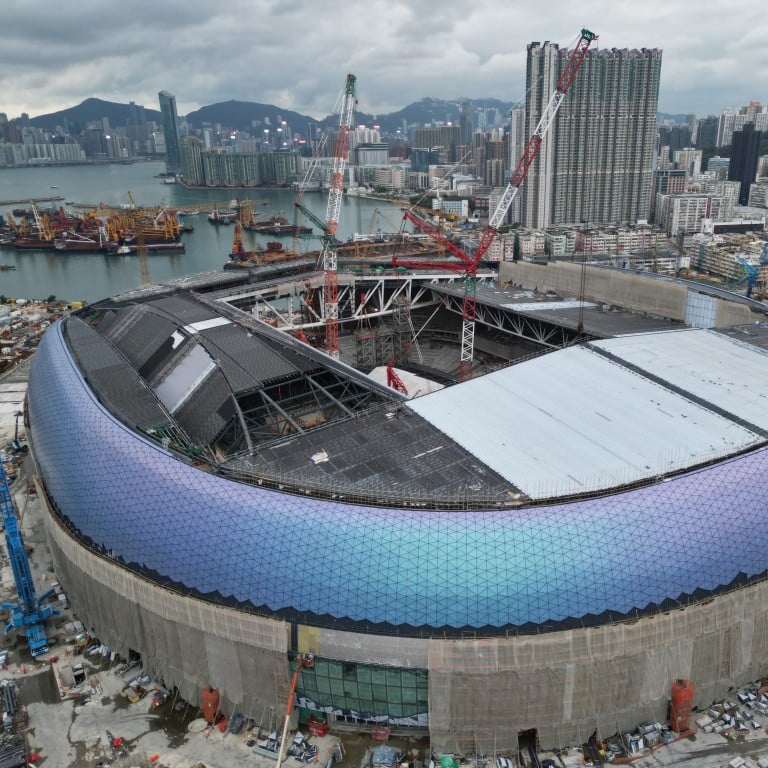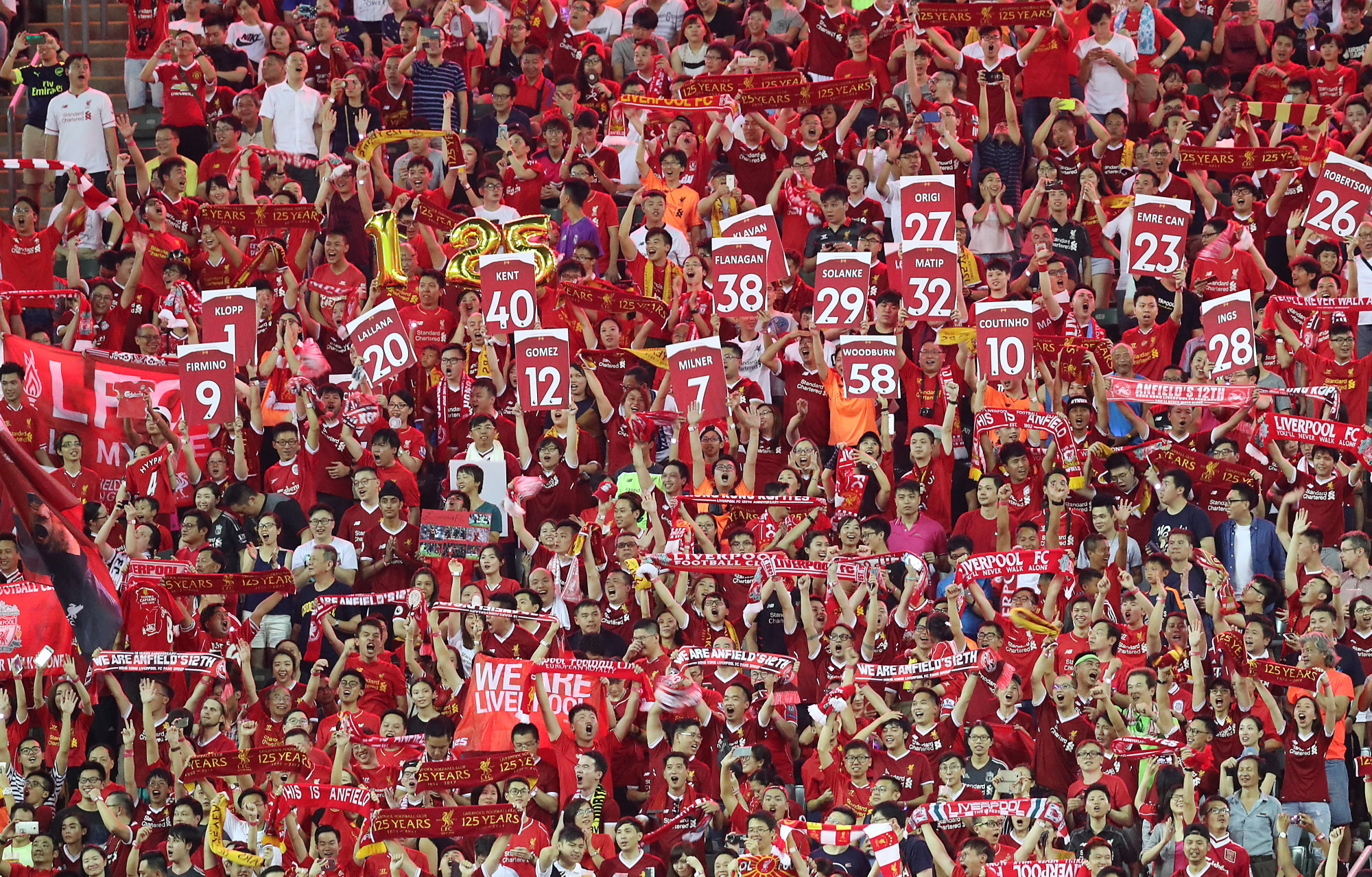
Kai Tak Sports Park: questions swirl as deafening silence surrounds what future holds for Hong Kong’s new stadium
- Operators and government silent on plans for the venue, the centrepiece of the HK$30 billion publicly funded park set for completion in 2024
- Only events earmarked for facility are some National Games sports in 2025, and the Hong Kong Sevens
Questions surround the future of Hong Kong’s new Kai Tak Sports Park, with officials overseeing the HK$30 billion publicly funded project unable to identify plans for its use, months before its expected completion.
Its centrepiece, a 50,000-seat stadium with a retractable roof and flexible pitch system, will be used for China’s 2025 National Games, and is expected to be the new home for the Hong Kong Sevens.
But the government, the park’s operators and the agency responsible for bringing in events have all declined to reveal how they plan to regularly fill the state-of-the-art facility, at a time when the city is struggling to match regional rivals such as Singapore and Macau in attracting the world’s best athletes and entertainers.

Previously, European football clubs viewed Hong Kong as an attractive destination, with Real Madrid sparking a frenzy in 2003 when they brought Zinedine Zidane and David Beckham to town and English Premier League sides making regular trips, most recently Manchester City in 2019.
Sportfive, the agent employed to procure events for Kai Tak, has yet to detail its plans. Its reply to the Post’s latest queries stated only that there would be “a mix” of events and that there had been “a huge amount of positive development work” to establish “a strong base for the project to move forward successfully”.
“The ambition is for a mix of local, national, regional and international events, including events that have taken place in Hong Kong before as well as new events,” spokesman Malcolm Thorpe said.
Kai Tak officials have refused to answer any questions on at least five separate occasions and its public relations manager declined to address the Post’s latest queries, saying only to “look out for news” in 2024.
Government departments have batted away multiple requests to reveal a vision for the park. On the latest occasion, the press office of Secretary for Culture, Sports and Tourism Kevin Yeung Yun-hung said “the secretary would not have the time and is not in the best position to brief you on the latest progress”.
Pressed to comment specifically on Hong Kong’s capacity to hold events at the park, Mr Yeung’s representative replied: “We had an internal discussion on your request. Please note that we have no further information for you.”
The responses maintain the silence around the taxpayer-funded project, and a lack of detail to back up the goal of the city’s leader John Lee Ka-chiu, who said in his annual Policy Address in October he expected Kai Tak to boost Hong Kong as a sports hub.

Olympic sites elsewhere, such as in Sydney and London, have kept high-capacity stadiums in use after a one-off Games by securing anchor tenants.
The city’s domestic football giants Kitchee presently play largely at the 6,000-capacity Mong Kok Stadium. The club said it did not know the cost of renting the new stadium, so at this stage had no comment on potentially using it for domestic, continental or exhibition matches.
The last outing by the city’s men’s national team, a World Cup qualifier against Turkmenistan, attracted 6,601.
HK$32b Kai Tak park ‘no white elephant’, insists sports chief
But notions such as basing a Chinese Super League club at the new stadium have not been proposed. The Inter Miami match, meanwhile, is being arranged by a commercial partner rather than the HKFA.
Local rugby’s governing body is exploring adding a second annual event to the Sevens, potentially to be held at Kai Tak.
Hong Kong China Rugby CEO Robbie McRobbie floated the prospect of a format comparable with Global Rapid Rugby, a faster form of 15s that launched in 2019 but stopped because of the coronavirus pandemic.

However, he said matches from the Super Rugby competition, or further Bledisloe Cup clashes between New Zealand and Australia, were not on the agenda for the new ground. Bledisloe fixtures hosted at Hong Kong Stadium in 2008 and 2010 drew crowds of 39,000 and 26,000 respectively.
“Ideally, we want to create our own event rather than deliver an event for another entity,” McRobbie said. “It is too early [to say what], but we are working with club owners and looking at game variations and sports tech, similar to what we were doing with Rapid Rugby.”
While cricket bosses do not see Kai Tak as a realistic space for “high-performance or elite-level” competition, the outgoing president of the Hong Kong Tennis Association, Philip Mok Kwan-yat, has suggested the new 10,000-seat indoor arena on the site could be the best place to hold the city’s WTA and ATP Tour events with Victoria Park “no longer fit for purpose”.






